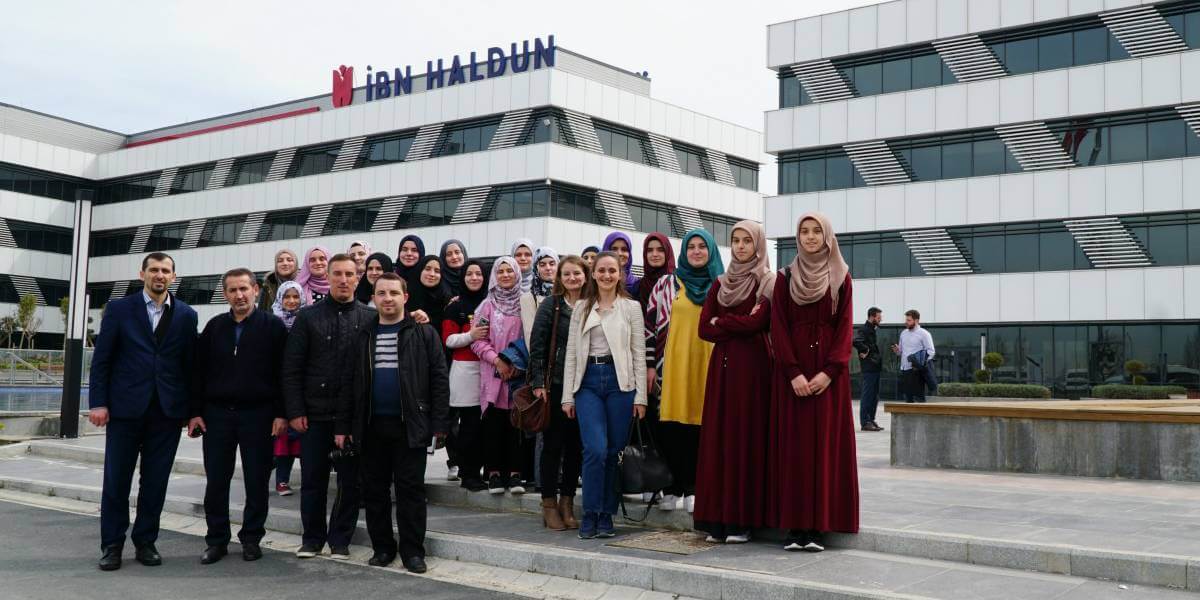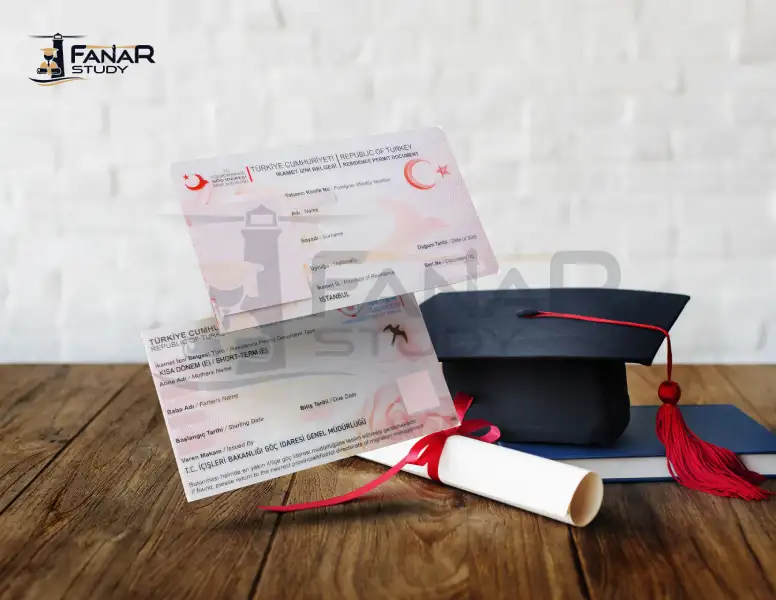Is university admission in Turkey difficult? Many Arab and foreign students dream of studying in Turkish universities, so what are the admission requirements for public and private Turkish universities, what are the acceptance rates and how can a seat in Turkish universities be guaranteed, with the aim of increasing acceptance rates in Turkish universities if you want to study in Turkey You must have a YOS or SAT passing certificate , and the average must be above the required score. Turkish public universities operate on a comparator system, which means that after receiving students’ papers they are compared, and the best applicants are selected for the available seats at the university.
Conditions for grouping in Turkish universities
Perhaps one day you will wonder if university admission in Turkey is difficult?
We, Al-Fanar team, are always working to provide all the information you may need about Turkish universities and everything related to education in Turkey in general.
For public universities, admission to public universities requires passing their admission test known as the Yös test, which is used by public universities in Turkey to distinguish between students applying to it.
Differentiation is also based on the strength of the student profile, students with strong profiles have the best chances of being admitted to a Turkish public university, moreover, no one can guarantee university admission to Turkish public universities.
As for private universities: the basic requirements for studying in private institutions in Turkey are clear and straightforward, if the student has a high school diploma (baccalaureate), he can register in private colleges without having to take an ability test such as YOS or SAT , registration in private Turkish universities is subject to the conditions and the following provisions:
The student has graduated from high school and it is recommended that the student obtain a certificate of language proficiency However, if the student does not have a language certificate, the institution will schedule a language test for the student.
The student receives an e-mail notification after completing the test on time informing him whether he has passed the selection or not, if he passes the test, he immediately begins to study the specialty of his choice, if he fails the test, he must study for a year to acquire and master the language before starting the specialization.
Obtaining the initial acceptance. For registration, a copy of the passport, a copy of the high school certificate (baccalaureate), a copy of the transcript and a personal photo are required.
To achieve final university acceptance, the first installment of tuition fees is paid to the university account, then the student submits a Turkish visa application, after that, he travels to Turkey to finish his enrollment at the university and start his studies.
Acceptance rates in Turkish universities
Is university admission in Turkey difficult? It is a question that everyone asks, and to answer this question, we will show you the acceptance rates in Turkish universities and you will decide on your own how easy it is:
- Admission to Turkish public institutions is determined by comparing student files, which include high school (baccalaureate) rates.
- Acceptance rates over 80% are also required by many universities.
- High academic scores in high school required in public universities are not required for admission to private Turkish institutions.
- Students can register with any academic average above 50% to study any discipline except medicine.
- For medical majors, some universities require higher rates of up to 75 percent or more.
The importance of enrolling in Turkish universities
Turkish colleges have become a magnet for students from all over the world who want to study outside their country, Turkey is a welcome country with many opportunities for foreign students, and it has also facilitated the process of studying in Turkey and obtaining a student visa.
Outstanding foreign students may be eligible for additional tuition fee discounts. In some universities, admission to Turkish universities can be obtained by registering on the university's website of the student's choice.
Or by registering in private Turkish institutions more easily and securing university entry without paying any fees through Al-Fanar Group, and here are some other advantages of studying in Turkey:
- You will not find everything you want in an advanced academic study method that meets the requirements of the modern labor market in any university you join, as you find in the universities of Turkey. On the other hand, private Turkish universities guarantee you a full academic life that meets all the needs of modern education.
- All medical, engineering, administrative, technological and social fields can be studied in English.
- Classrooms with superior educational equipment, modern laboratories and laboratories, high-level theatres, libraries and workshops constitute the technological infrastructure.
- Simple education system with easy access to professors for students to discuss their concerns in the subjects.
- A diverse place rich in cultures, customs and traditions that allows you to learn about different cultures while also emphasizing your ability to adapt and communicate with people from other countries and civilizations.
- Possibility to work while studying.
Tuition fees in Turkey
Compared to other European colleges, the costs of attending Turkish universities are very reasonable, although tuition fees in Turkish public universities are lower than in private institutions.
Typical annual tuition fees for engineering, administrative, technical and social majors in private Turkish institutions range from $2,000 to $8,000, and expenses for medical majors range from $10,000 to $25,000 each year.
However, students face challenges in obtaining the basic requirements necessary to study in Turkey at public universities, and they also seek to obtain Turkish scholarships in order to reduce the financial cost, and we will talk briefly about the advantages of Turkish scholarships in the next paragraph.
Advantages of Turkish scholarships
- Free Scholarship: In Turkey, a free scholarship is defined as a scholarship in which the scholarship awarding body pays for all study and living expenses, air tickets and visas.
- Providing free housing: the student will be able to live in Turkey for the duration of his studies thanks to the scholarship.
- Securing a monthly salary for the student: The scholarship pays the student a monthly salary that changes according to his academic stage. The undergraduate student receives 600 Turkish liras per month.
- A master's student receives 850 TL per month, and a doctoral student receives 1,200 TL per month.
- The research student receives 2,500 Turkish liras, which is commensurate with the cost of living in Turkey and the costs of student housing in Turkey.
- Turkish Language Education: The scholarship provides students with an academic year during which they learn Turkish before beginning university studies, ensuring that the language barrier will never deter the student.
- However, if the student wishes to study in English, he must submit a certificate of English language proficiency at the rate required by the university.
How can a student increase his chances of getting the scholarship?
The student must perform a number of things in order to increase his chances of obtaining the scholarship, the most important of which is that the student obtains a number of certificates of appreciation in the field in which he wants to study, and this guarantees him a stronger competition than others for obtaining the Turkish scholarship.
Letters of recommendation should also be included with the scholarship application, these letters should be written by teachers and professors who have taught and interacted with the student, and the student should give the teacher’s name, email address, and phone number.
Where universities may contact them to ensure that the information in the letters of recommendation is accurate, they must ensure that the professor who will write the letter is well acquainted with it.
We use our own cookies to improve the experience of accessing the information you are looking for. By continuing to use our site, we will assume that you are satisfied with privacy policy
Let Us Contact You
To help you choose your major



